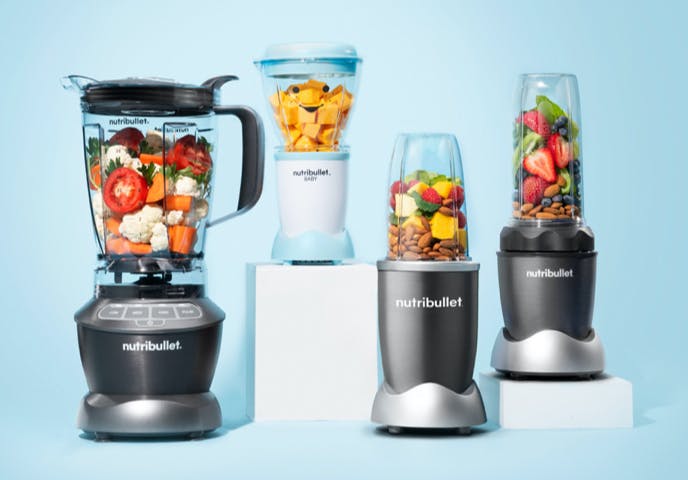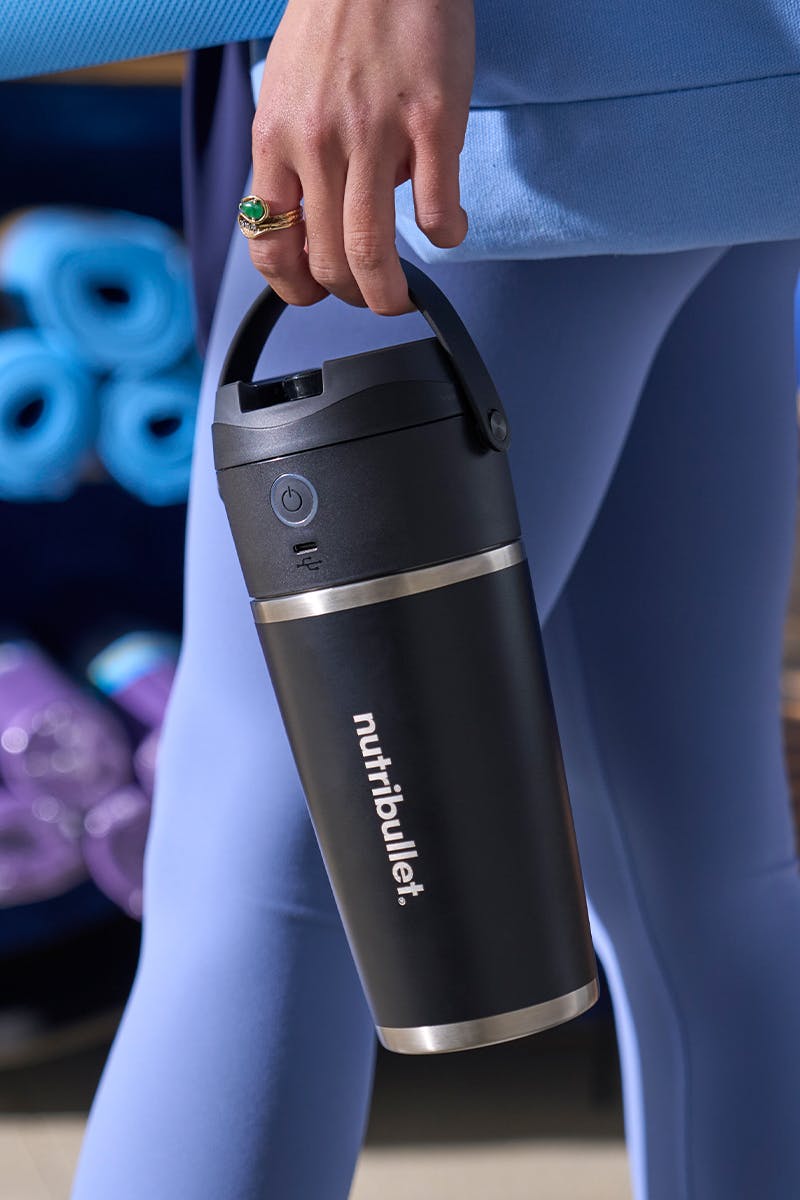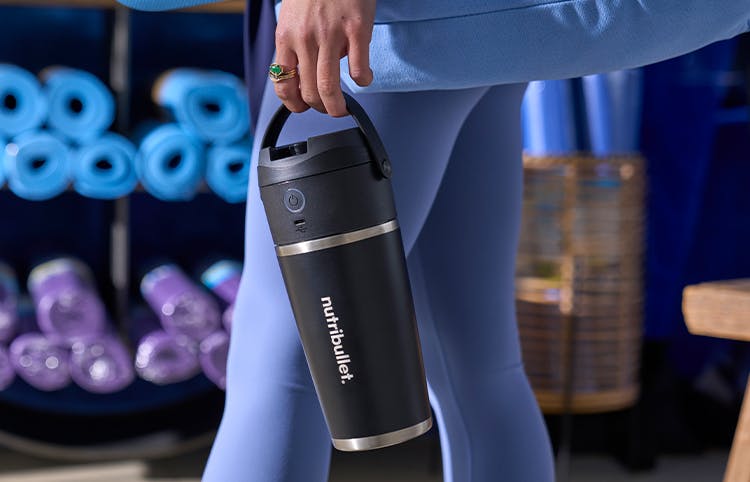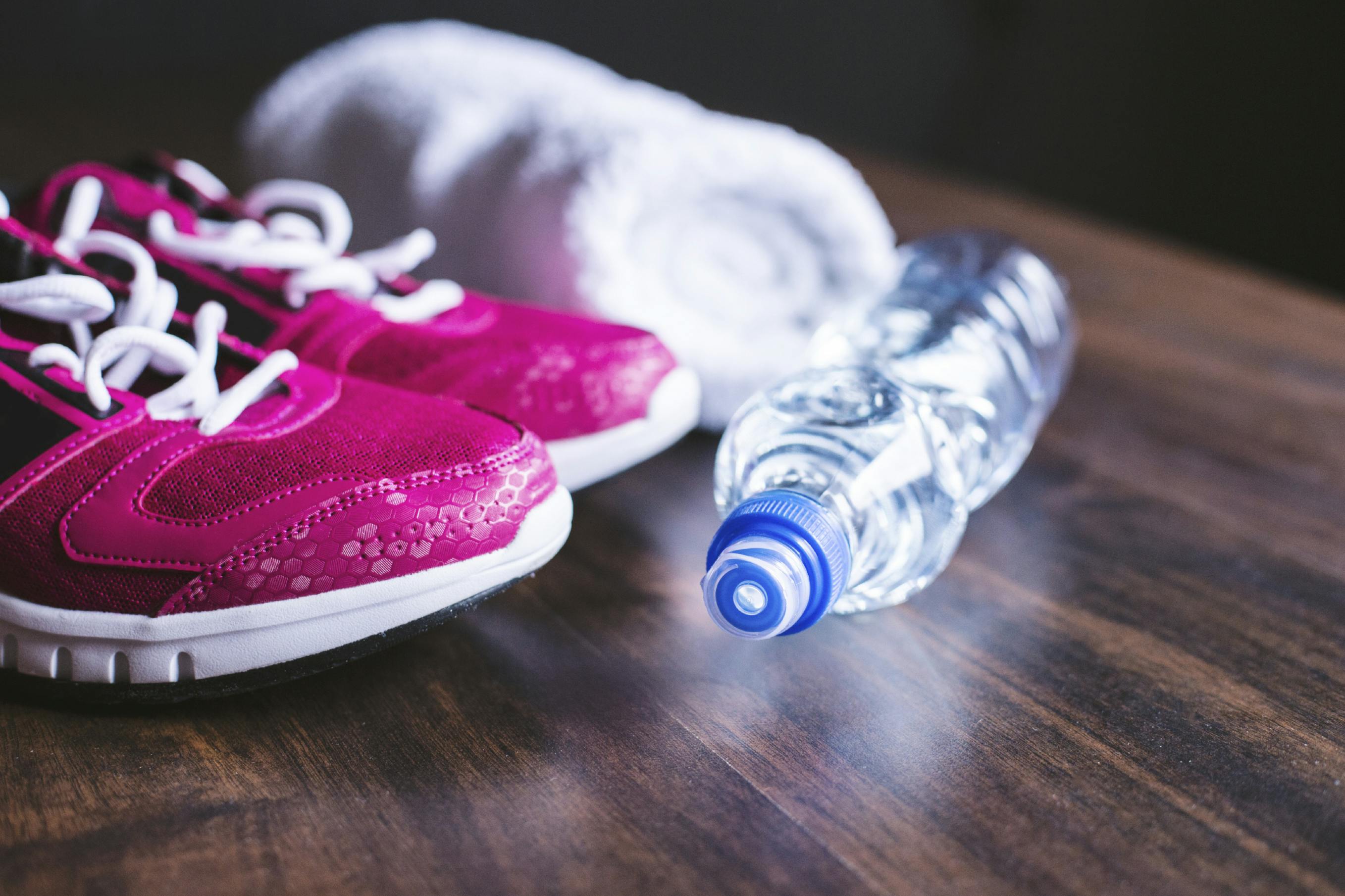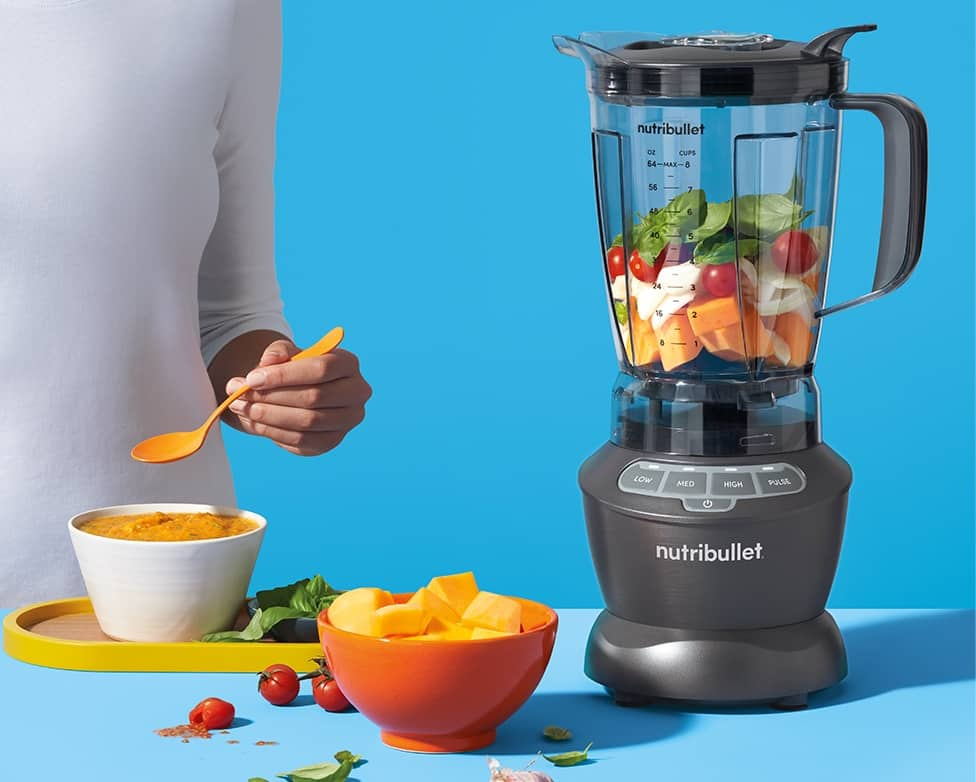In today’s blog post, nutribullet’s in-house dietitian Sherene Chou sat down with Cynthia Sass to get the 411 on sports nutrition.
Cynthia Sass is a three-time New York Times bestselling author and registered dietitian with Master’s degrees in both nutrition science and public health. A Board Certified Specialist in Sports Dietetics based in Los Angeles, Sass has consulted for five professional sports teams and has privately counseled professional and competitive athletes in numerous sports. In addition to her science background, Sass is trained in plant-based culinary arts and mindfulness meditation. She specializes in high-performance nutrition and plant-based eating.
In this Q&A, she shares her top nutrition tips as well as a tasty superfood smoothie.
You help athletes at a professional level learn how to eat properly for their best athletic performance. What are some of the surprising things you have learned working with these athletes?
Probably the biggest is that, in addition to many athletes falling short of the recommendations for produce, they are often not fully aware of the connections between a high-produce intake and outcomes that are important to them, including mental and physical performance, recovery and injury prevention, immunity, and sleep.
What are some key differences fueling on a professional level and recreational sports?
Primarily the quantities. Some athletes I work with burn thousands of calories a day during training alone, whereas a recreational athlete may burn hundreds. Also, a professional athlete’s body takes more wear and tear, so there is a greater focus on recovery in order to gain the full benefits from training and reduce injury risk.
What are some of the key takeaways athletes get from you? What surprises them the most?
The biggest surprise may be that plants play a role in muscle-building and maintenance; many athletes are focused on protein only. Another is that nutrition is directly related to mental performance, including outcomes like happiness and creativity, which are important aspects of a professional athlete’s mental game.
What role does plant-based nutrition play in recovering from high-intensity training and activity?
It plays a crucial role. Plant-based foods can actually help protect against exercise-induced cell damage, reduce oxidative stress, enhance recovery, and bolster immunity. It’s a key piece of the puzzle and, in my opinion, just as important as the training itself.
Tell us about a time when an athlete changing their diet made a huge difference in their performance?
I have many examples of this! One athlete I worked with was often exhausted after training and would sometimes sleep through dinner, then stay up late. Because he was waking up feeling sluggish, he would rely on caffeine or energy drinks in order to perform. After focusing on nutrition, his energy went through the roof. He was also recovering better. He felt so good, he started doing yoga in the evenings after dinner and was able to significantly scale back on caffeine. In addition to better performance, his body composition improved, as did his mental health, and sleep.
Share with us one of your go-to recipes, smoothies, snack, or a way to quickly fuel or recover.
Here’s one of my favorites.
Chocolate Almond Superfoods Smoothie
Ingredients
- 2 medium pitted dates, chopped
- 1/2 tablespoon chia seeds
- 1 cup unsweetened vanilla almond milk
- 2 tablespoons raw (non-Dutched/non-alkalized) cocoa powder
- 1 scoop unsweetened plant protein powder or ¼ cup almond flour
- 1 cup chopped kale
- 3/4 cup frozen pitted cherries
- 1/2 teaspoon ground cinnamon
- 1-inch cube fresh ginger root
- A handful of ice cubes
Directions
- Soak chia seeds and dates in almond milk for at least 10-15 minutes.
- Place all ingredients in a blender and whip until smooth.
- Enjoy!










